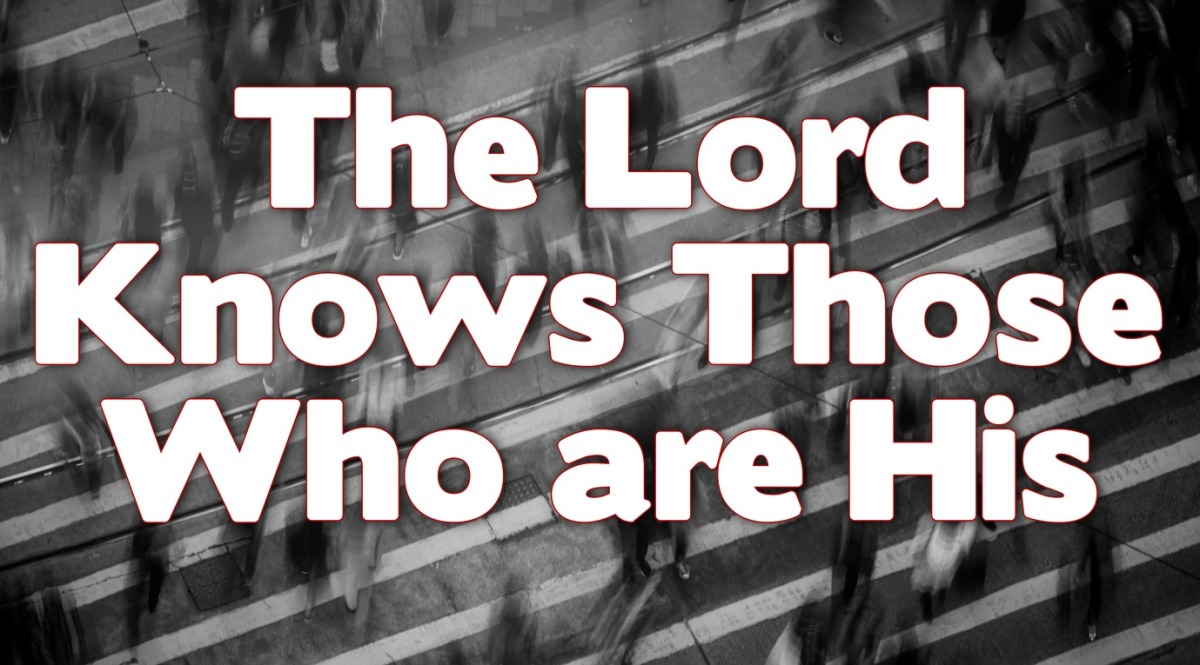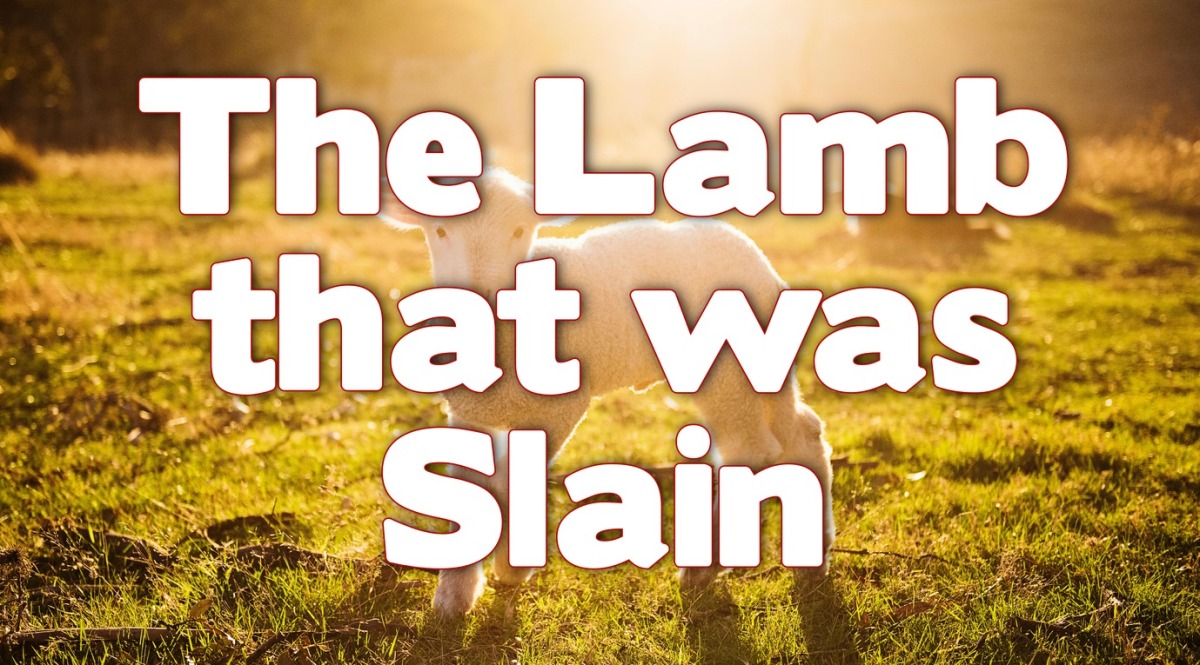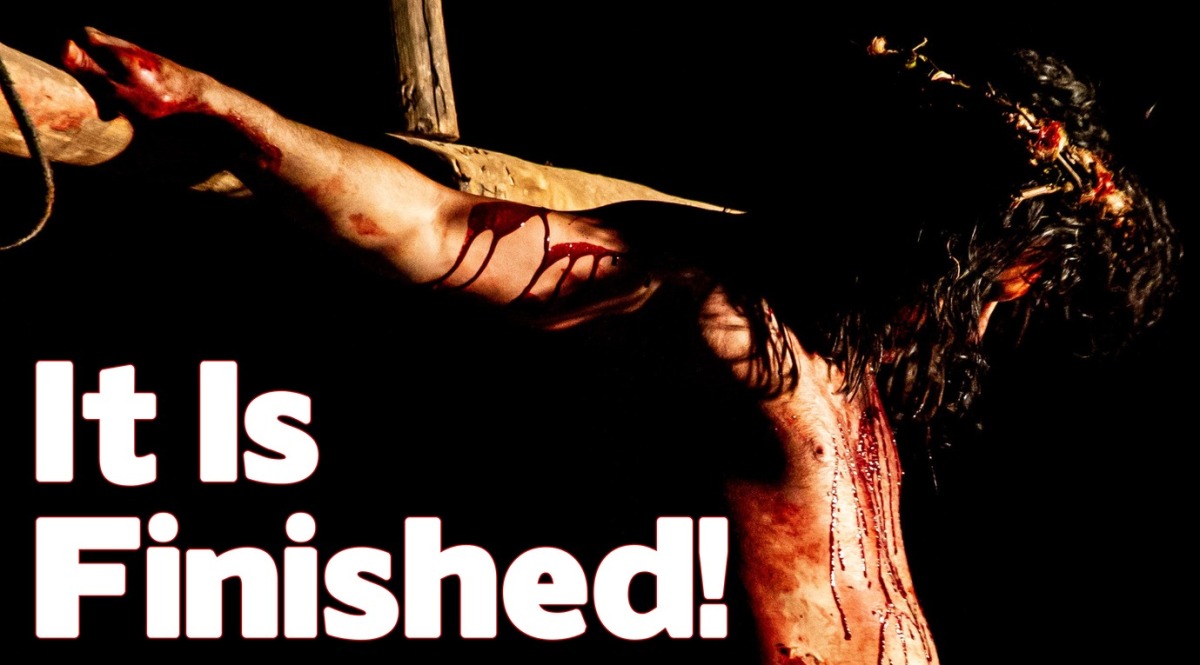Today’s reading is Revelation 7.
When the Lord sent plagues on Egypt, to judge Pharaoh, his nation, and his gods, during the fourth plague of flies, God “set apart the land of Goshen, where my people dwell, so that no swarms of flies shall be there, that you may know that I am the LORD in the midst of the earth. Thus I will put a division between my people and your people” (Exodus 8:22-23, ESV). Pharaoh would not let Israel go worship the Lord. The Lord sent the flies, but made a distinction. The Lord knew His people.
Now, here’s the question. Did the Lord not know His people until the fourth plague? Of course, the Lord knew His people the entire time. This is an important point in Revelation. When Jesus broke the fifth seal in last week’s chapter, we witnessed disciples dying as horsemen from the previous seals rode forth from the scroll. Did God not know those who were His? Did He accidentally let them die?
No. The Lord knew those who were His during the events of the apocalypse just as He did during the events of the exodus. In fact, in this apocalyptic vision, God wants us to know full well He knows those who are His. However, He doesn’t just say it like Paul did in 2 Timothy 2:19:
But God’s firm foundation stands, bearing this seal: “The Lord knows those who are his”… (ESV)
Rather, in the breaking of the sixth seal, when judgment comes on the earth, on the rich and the powerful, the slave and the free, God sends out angels to place a seal on the forehead of His people. We discover in Revelation 14:1 the seal was the name of the Father and the Lamb. Learning that, of course, reminds us of the word of the Lord to the church in Philadelphia in Revelation 3:12.
Please, don’t get bogged down in the 12,000 from each tribe. The point is certainly not that only 144,000 people are actually disciples of the Lord anymore than the point is Dan didn’t have any faithful disciples. To think every tribe would have exactly 12,000 faithful to the Lord is beyond reasonable. Clearly, the message is not about the numbers, but about the knowledge. God knows the ones who are His. He knows fully and completely. We who are His may experience hardship, persecution, and even execution during times of tribulation, but He knows everyone of us. He knows every servant cut down by the tribulations. And when God’s judgment comes, setting it all right, He knows who we are.
So, war, famine, pestilence, death, persecution may all be happening. These may even be sending the souls of some of our faithful friends to below the altar. But hang on to Jesus, He always wins and He always knows who is on His team.
Praise the Lord!
PODCAST!!!
PATHS:
Discuss Today’s Meditation with Your Family
How does Revelation 7 prompt or improve your praise of God?










